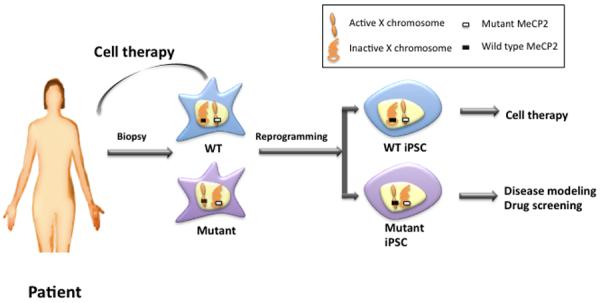Figure 1. Application of reprogramming in RTT studies.

Somatic cells are obtained from RTT patients. Female RTT patient's cells are mosaic in expression of genes in X chromosome due to random XCI during early embryogenesis. When reprogrammed, iPSCs in general maintain one active X chromosome. Thus, RTT-iPSC clones expressing either wild type or mutant MeCP2 are produced from RTT patients. Mutant RTT-iPSCs can be differentiated into relevant cell types and used for in vitro disease modeling in comparison of wild type iPSC. Wild type iPSC can be used in cell therapy as autologous cells.
